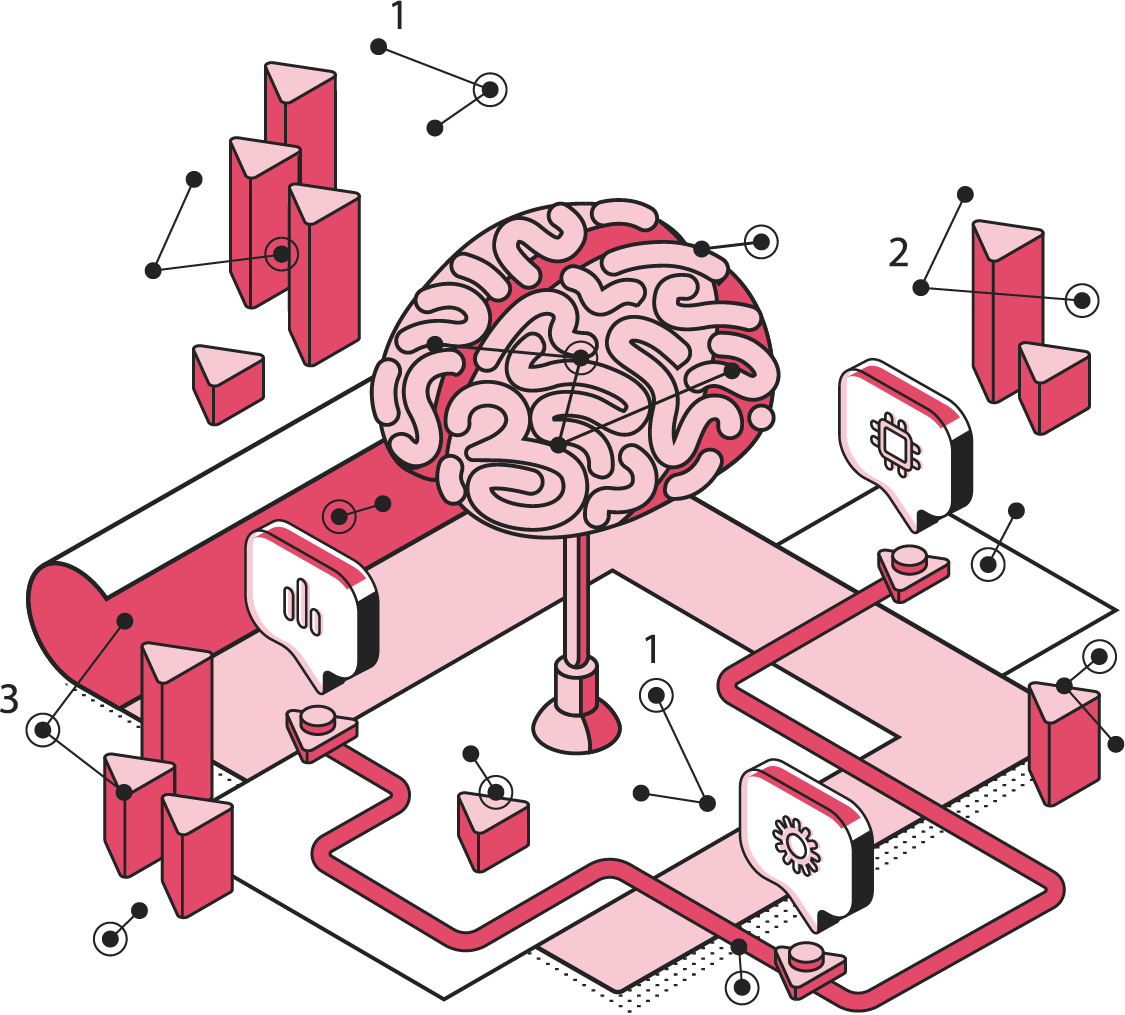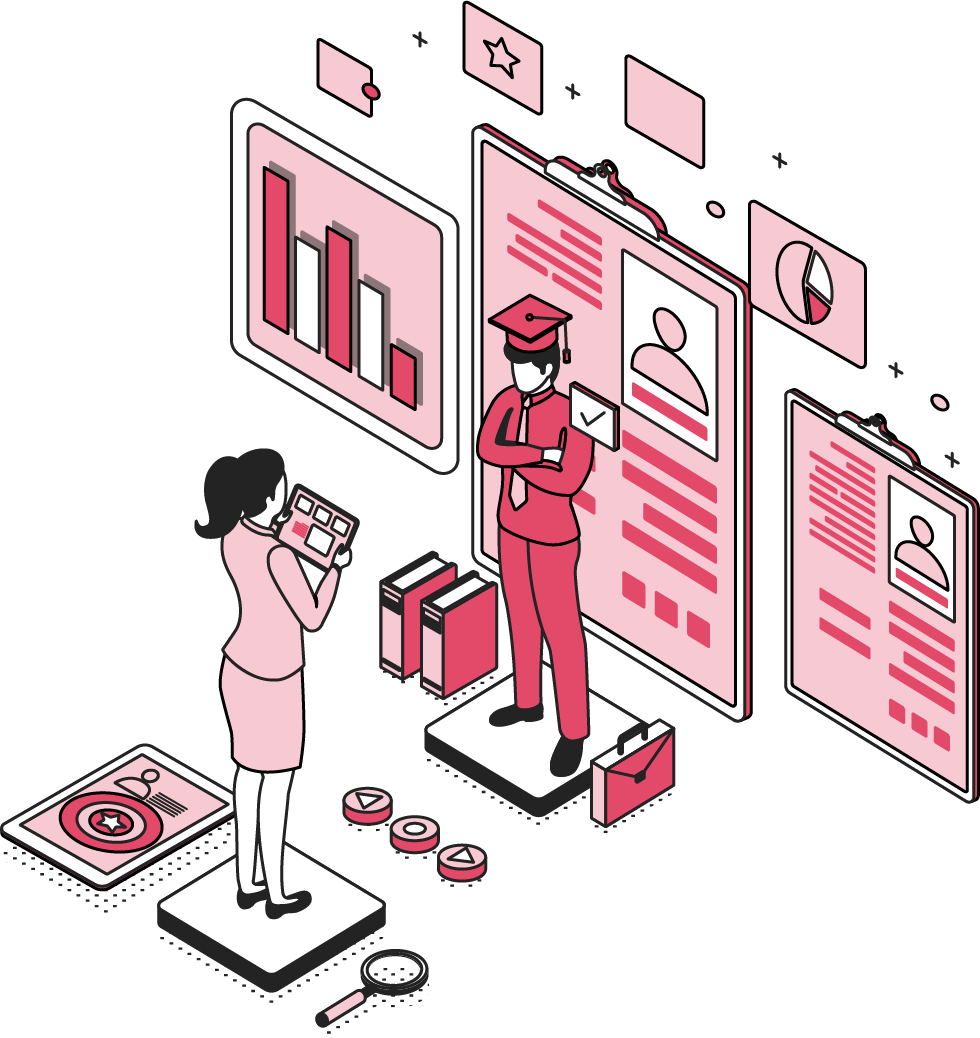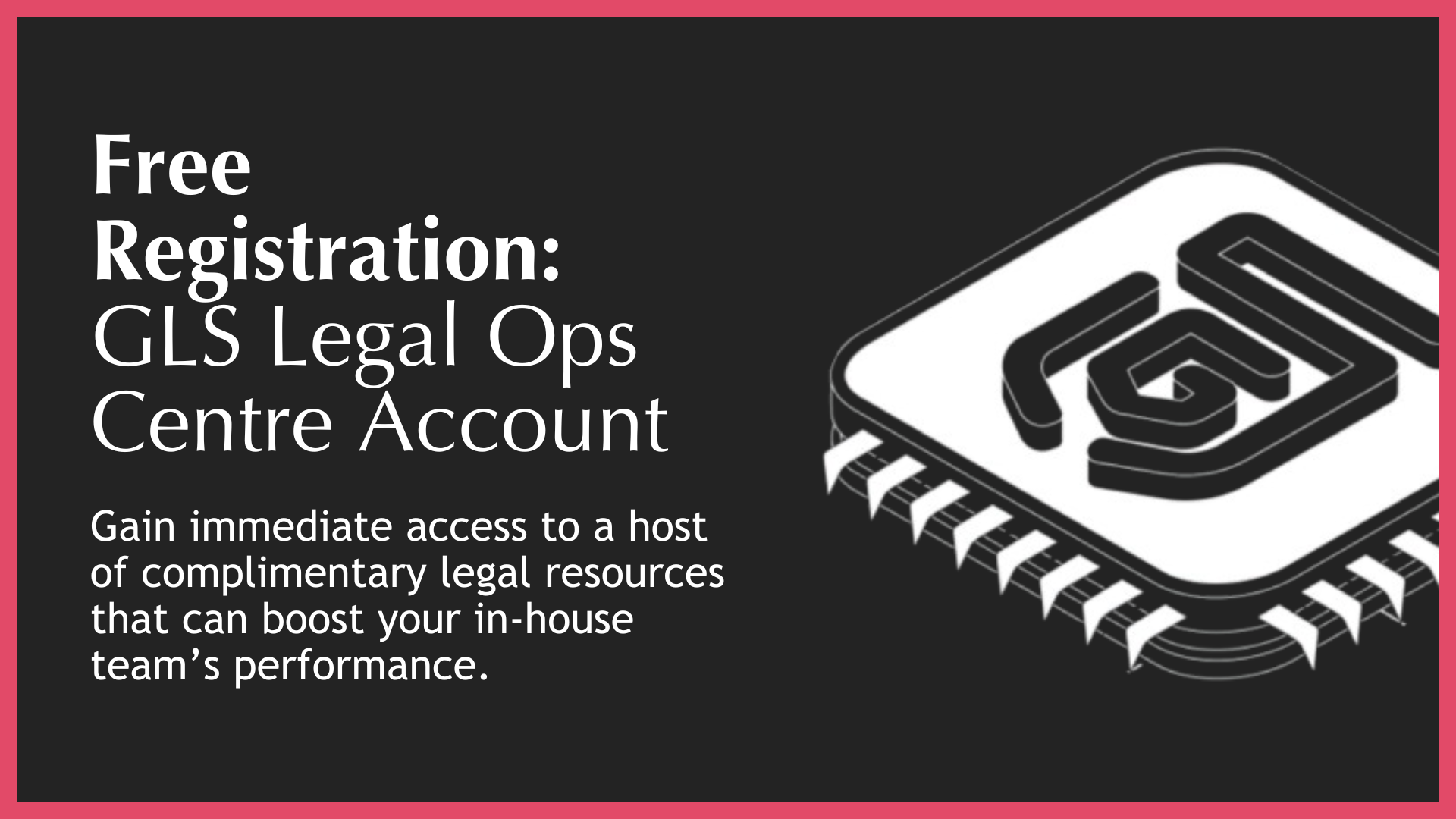The GLS Legal Operations Centre
The ultimate in-house legal department resource stack
Back
Implementation
What Is It
The Implementation Station is where the managed legal service (MLS) solution moves from concept to reality. It is the structured rollout phase that brings the solution online across the selected legal workflows, ensuring that delivery is seamless, disruption is minimal, and transformation is real.
At GLS, implementation is never chaotic. It is modular, incremental, and frequent - a methodology we’ve refined through hundreds of deployments. We don’t believe in big bang rollouts. Instead, we build confidence through controlled expansion, allowing legal teams to adapt, refine, and scale with precision.
This station is also about operational integration. The MLS solution must embed into existing systems, approval chains, and stakeholder routines. It must deliver immediate value while laying the groundwork for future optimisation. Implementation is not the end of the journey - it’s the beginning of performance.
Critically, implementation must be data-informed. The insights gathered during piloting, benchmarking, and solution design guide every step. At GLS, we use these insights to calibrate delivery, manage change, and ensure that the MLS provider operates within the legal department’s governance framework.
Scope
The scope of the Implementation Station typically includes:
◼️Rollout Planning: Defining the sequence, timing, and scope of deployment across legal workflows.
◼️Stakeholder Communication: Ensuring all impacted teams understand the rollout plan and their roles.
◼️System Integration: Embedding the MLS solution into existing platforms and approval chains.
◼️Training & Onboarding: Equipping legal and business users to engage with the new model.
◼️Performance Calibration: Adjusting SLAs and workflows based on pilot and benchmarking data.
◼️Change Management: Managing expectations, feedback, and adoption across the organisation.
◼️Risk Mitigation: Ensuring the rollout operates within governance and compliance boundaries.
◼️Feedback Loop Activation: Capturing insights to refine the solution post-implementation.
Resource Status
In GLS legal ops speak – the Implementation is considered a “Foundational” resource within the process ecosystem of an in-house legal team.
The Foundational Resource is a CRE that is responsible for determining the overall performance capabilities of a “critical” legal function. If it is not optimised, the function can never be optimised.
Best Practice Features
The best practice features of the Implementation Station are as follows:
◼️Modular Rollout: Deployment is staged to minimise disruption and maximise control.
◼️Stakeholder Alignment: All impacted teams are engaged and informed throughout the process.
◼️Tech Integration: MLS solution is embedded into existing systems and workflows.
◼️Training Enablement: Users are equipped with the knowledge and tools to succeed.
◼️Performance Calibration: SLAs and KPIs are adjusted based on real-world data.
◼️Governance Assurance: Implementation respects legal policy, risk thresholds, and compliance standards.
◼️Feedback Mechanisms: Continuous input is gathered to refine and optimise delivery.
◼️Scalability Planning: Implementation sets the stage for future expansion and improvement.
Business Value
The Implementation Station delivers the following value to the Business:
◼️Faster Time to Value: Legal transformation begins delivering results immediately.
◼️Reduced Operational Risk: Controlled rollout minimises disruption and compliance exposure.
◼️Improved Cost Efficiency: MLS deployment enables smarter resource allocation.
◼️Accelerated Deal Velocity: Legal workflows become faster and more predictable.
◼️Enhanced Stakeholder Confidence: Business sees legal transformation as structured and strategic.
◼️Scalable Legal Support: Implementation lays the foundation for broader MLS adoption.
◼️Better Vendor Performance: Provider is calibrated and accountable from day one.
◼️Transformation Momentum: Successful implementation builds support for ongoing change.
Legal Department Value
The optimisation of this Station will build value in the legal department in the following ways:
◼️Operational Continuity: Legal services continue uninterrupted during rollout.
◼️Team Confidence: Legal professionals see transformation as manageable and beneficial.
◼️Delegation Enablement: MLS provider is embedded and ready to deliver.
◼️Workflow Efficiency: Legal processes are streamlined and standardised.
◼️Performance Visibility: SLAs and KPIs are tracked from the outset.
◼️Governance Compliance: Implementation respects legal boundaries and risk thresholds.
◼️Stakeholder Engagement: Business units engage more effectively with legal.
◼️Transformation Infrastructure: Legal team is equipped for future optimisation and scaling.
Who Needs It
The Implementation Station is essential for:
◼️Legal departments seeking to implement managed legal services
◼️Teams undergoing legal transformation or restructuring
◼️Legal operations professionals designing scalable service models
◼️GCs and Heads of Legal aligning legal support with business strategy
◼️Procurement functions looking to streamline and reduce costs
Productivity Consequences
A legal team operating without an Implementation Station will face a wide range of inefficiencies including:
◼️Disrupted Service Delivery: Rollout causes confusion and operational breakdowns.
◼️Stakeholder Resistance: Poor communication undermines support for transformation.
◼️MLS Misalignment: Provider struggles to integrate with systems and workflows.
◼️Training Gaps: Users are unprepared to engage with the new model.
◼️Performance Blind Spots: SLAs and KPIs are not tracked or calibrated.
◼️Compliance Risk: Rollout breaches governance or regulatory boundaries.
◼️Transformation Delays: Poor implementation stalls momentum and confidence.
◼️Reduced ROI: MLS investment fails to deliver due to flawed execution.
Tech Implication
The Implementation Station has a strong tech profile:
◼️System Integration: MLS solution must embed into existing legal and business platforms.
◼️Automation Activation: Rollout may trigger new workflow automation.
◼️SLA Tracking Tools: Performance metrics must be monitored from day one.
◼️Training Platforms: Digital tools support onboarding and user enablement.
◼️Feedback Systems: Tech-enabled channels gather insights for refinement.
◼️Security Protocols: Data protection and confidentiality must be maintained throughout.
◼️Scalability Infrastructure: Tech must support future expansion of MLS scope.
◼️Digital Collaboration: Seamless communication and document sharing across teams.

The GLS Legal Operations Centre
Register to access your complimentary Day 1 Resource Stack packed with legal team performance resources.
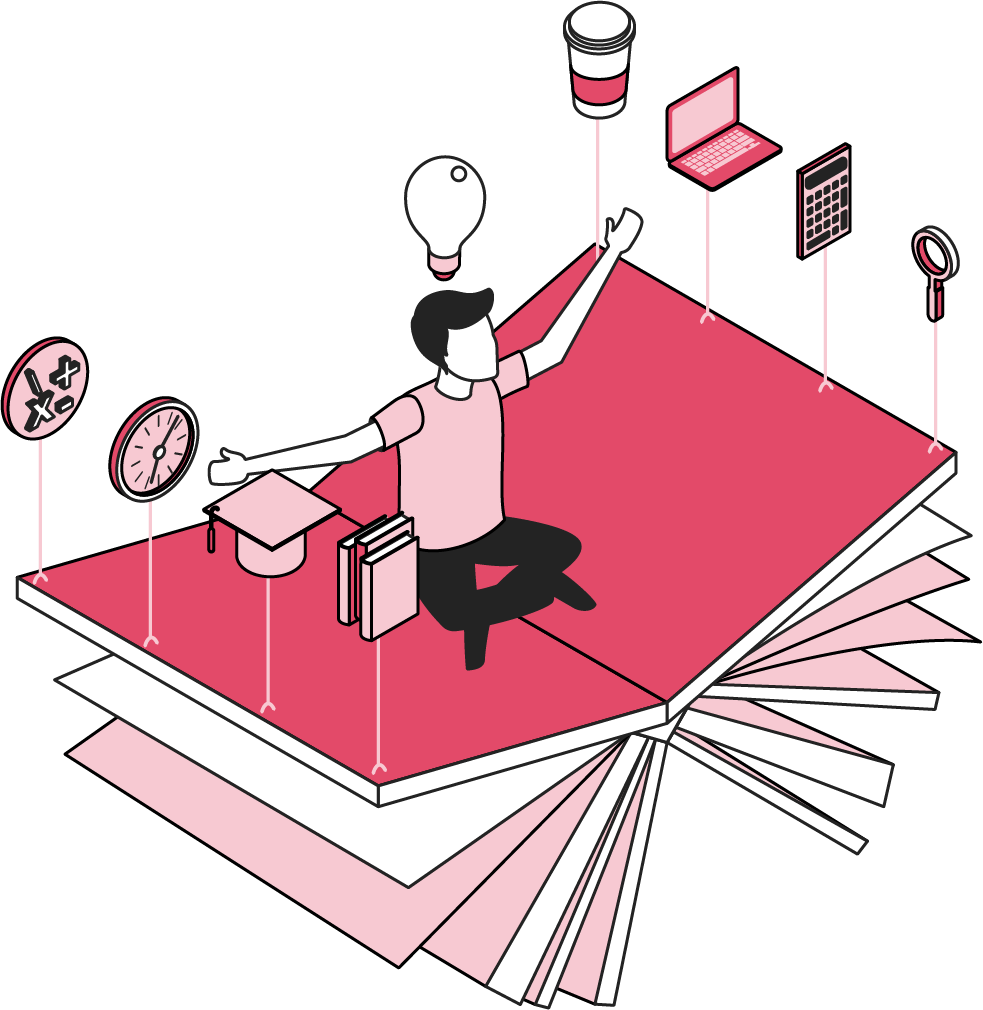
GLS Ultimate Guide To Legal Operations
Download this and read it thoroughly and regularly. It is a wonderful transformation companion.
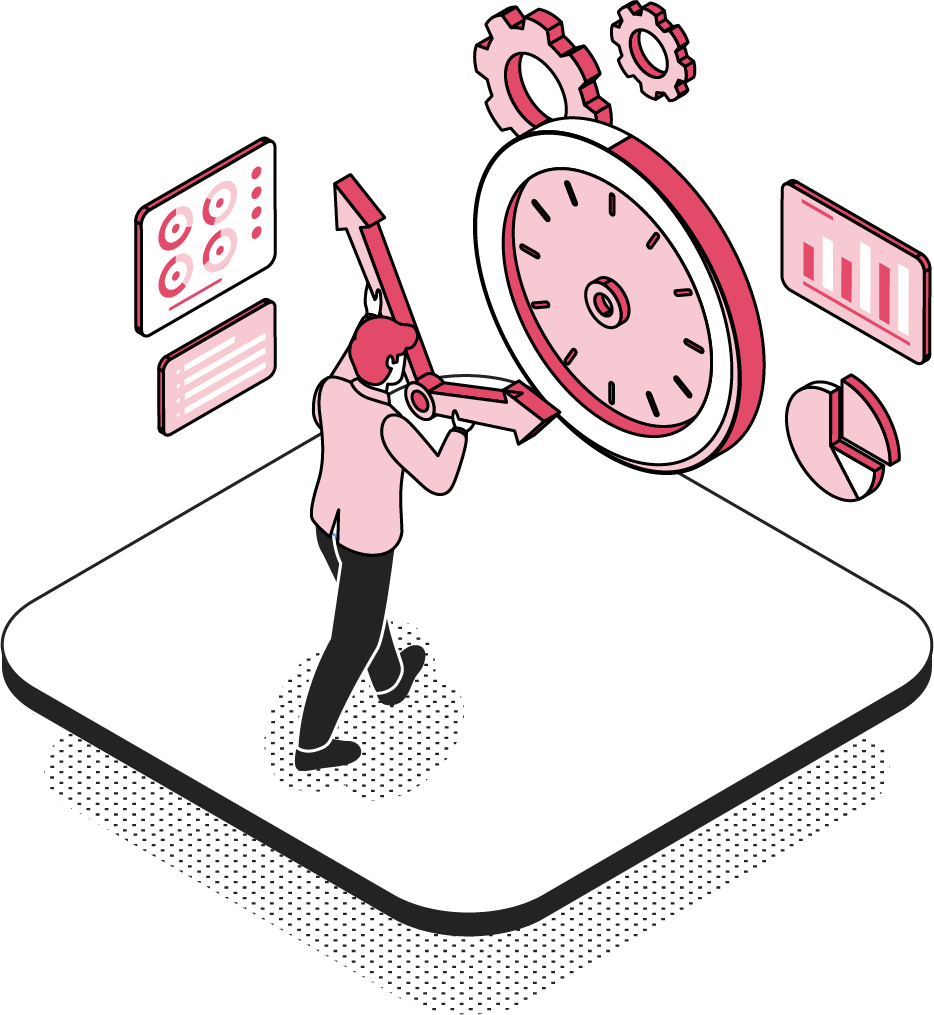
Book A No-Obligation Consultation
If you would like discuss your legal transformation needs, please book a 30 minute free consultation with us.
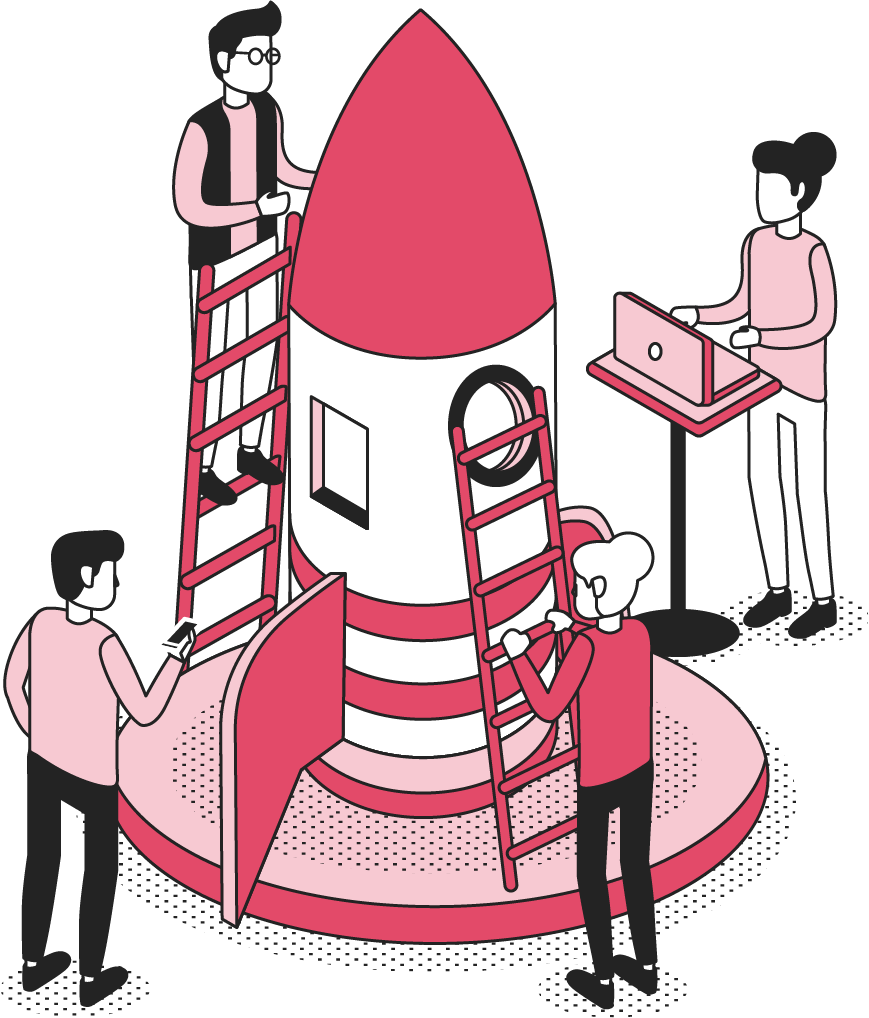
GLS Legal Transformation Boot Camp
Our hugely successful, 10-week long, email-based boot camp on how to effectively transform your legal team.
